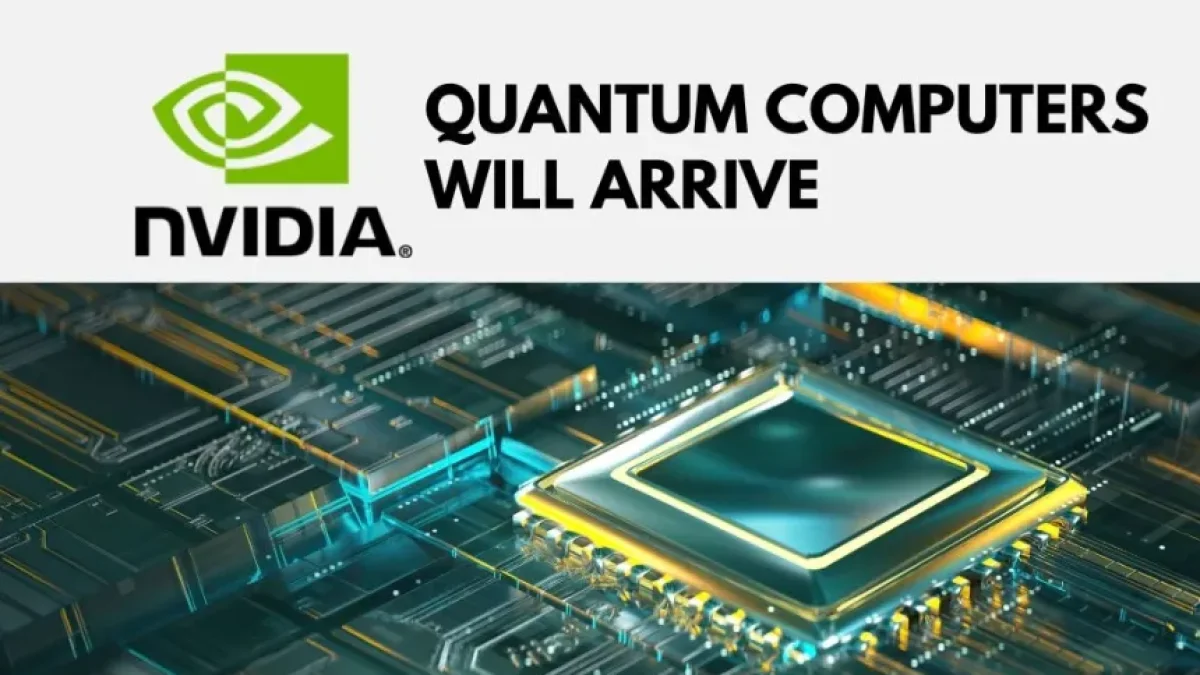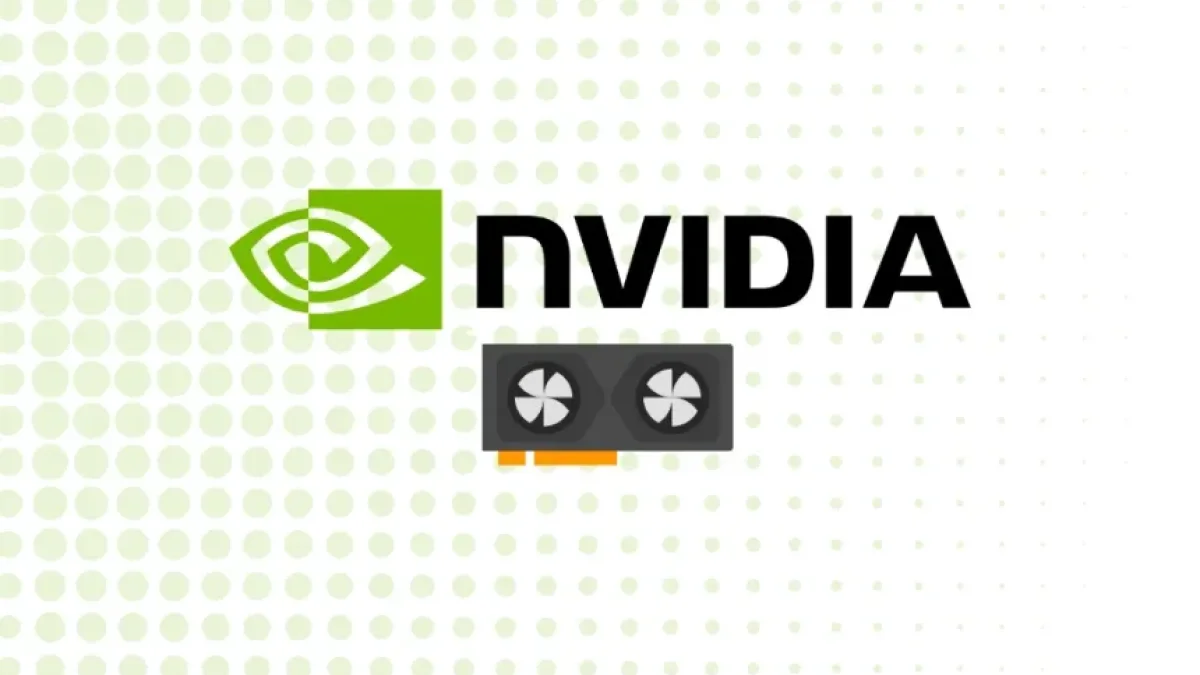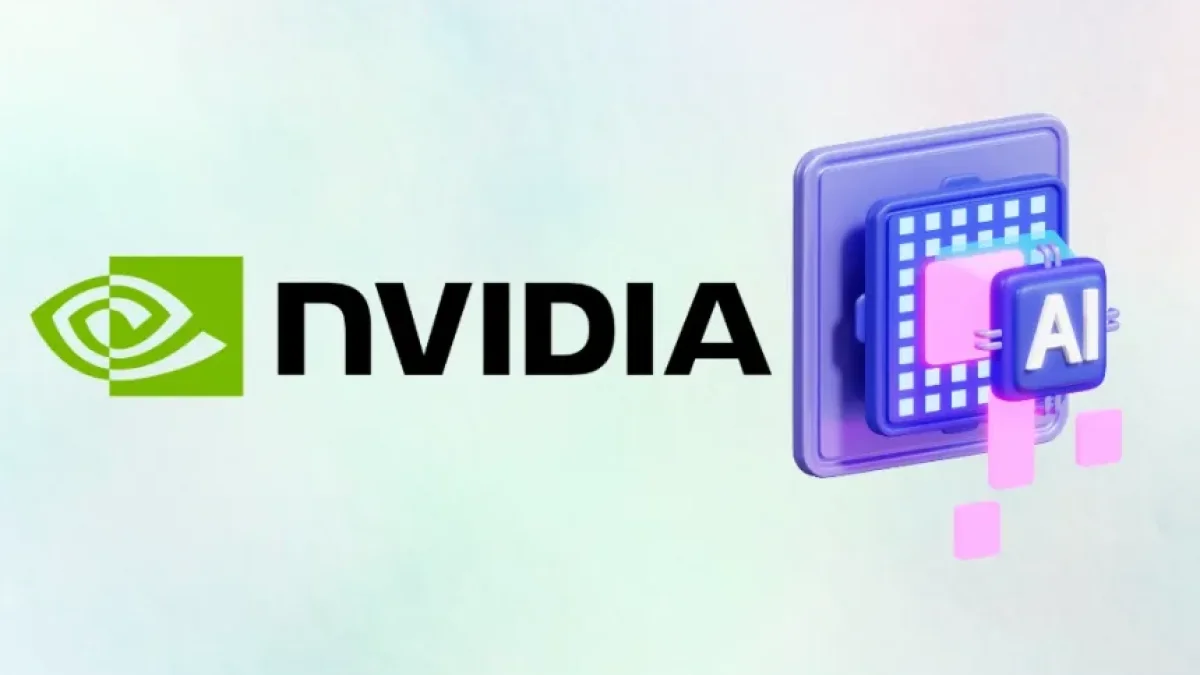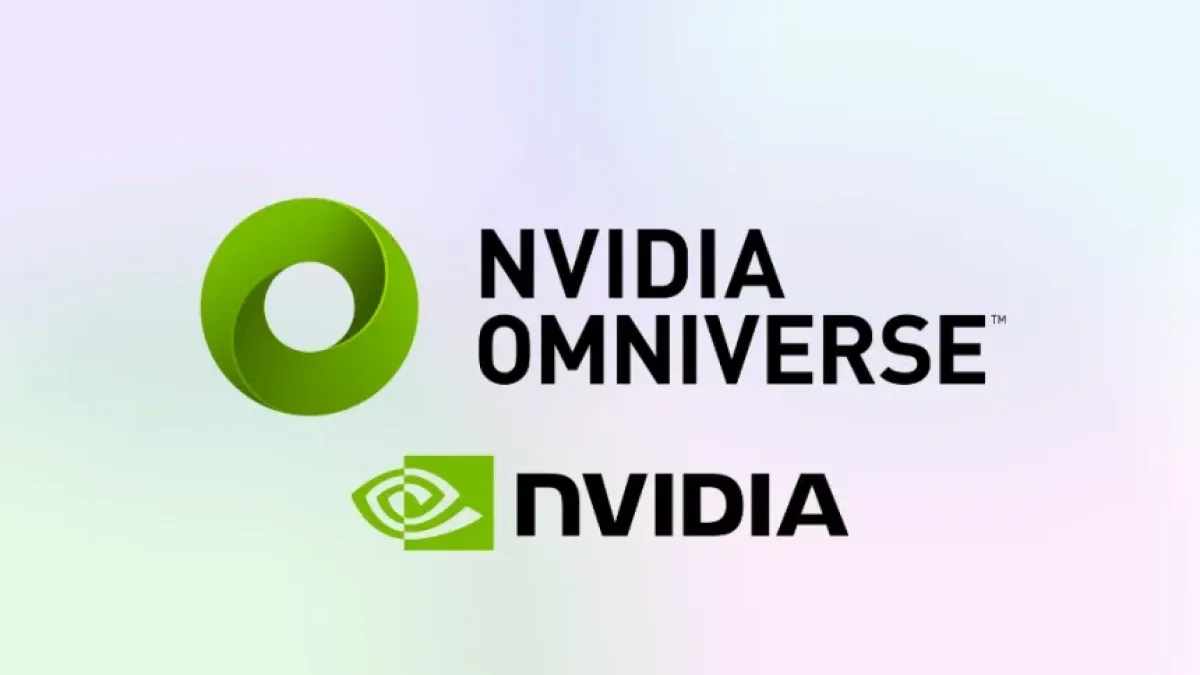Nvidia Reveals When Useful Quantum Computers Will Arrive


The promise of quantum computers has been present in the technology world for years, and Nvidia, one of the leaders in graphics and computing algorithms, has given new forecasts about their arrival on the market. Jensen Huang, CEO of Nvidia, has shared his vision of the future of this revolutionary technology and when we can expect it to become a truly effective tool for the industry.
Nvidia's Vision on Quantum Computing
In a recent conference, Huang stated that useful quantum computers could become a reality within 5 to 10 years. This announcement is significant, as quantum computing has long been discussed as a revolutionary solution, but its practical implementation has been limited. Nvidia is working on integrating technologies that could accelerate the development of these systems.
Current Limitations of Quantum Computers
Despite the advances made in quantum computing, various challenges still need to be overcome. Huang mentioned that the complexity of building and maintaining operational quantum systems represents one of the main barriers. To date, many of the quantum computers built are prototypes that do not yet offer reliable or scalable performance.
Additionally, the stability of qubits, the basic components of quantum computers, remains a pending issue. The susceptibility of qubits to external interference can result in errors in calculations, limiting their applicability in real-world tasks.
Read also
Nvidia's Commitment to the Quantum Sector
Nvidia is not sidelining its involvement in the development of quantum computing. The company has been investing in technologies that will allow for the integration of quantum computing with classical computing. This includes the development of software that facilitates the use of quantum algorithms alongside traditional systems.
Furthermore, Huang mentioned that Nvidia has been collaborating with various academic institutions and companies to explore different areas where quantum computing could have an impact. This collaboration focuses on research and development, seeking useful applications in optimization, artificial intelligence, and the simulation of complex systems.
Advances and Expectations
In terms of progress, Nvidia has been working on its quantum platform called cuQuantum, which aims to provide tools for developers and researchers to work with quantum algorithms. This could be a crucial step towards creating more accessible and useful quantum computers for the market.
According to Huang, the goal is that within the next few years, quantum computers will be capable of performing tasks that are currently unfeasible for classical computers. This could open new possibilities across various sectors, from pharmaceuticals to logistics.
Conclusions and the Future of Quantum Computing
While the path towards functional and practical quantum computers still presents several obstacles, Nvidia's perspective offers a ray of hope. The combination of research, development, and collaboration could be the key to making quantum computers an accessible and useful tool in the near future.
I invite you to keep exploring more technology news and advancements on my blog, where you will find updated and relevant information on this fascinating topic. Don't miss out!



















